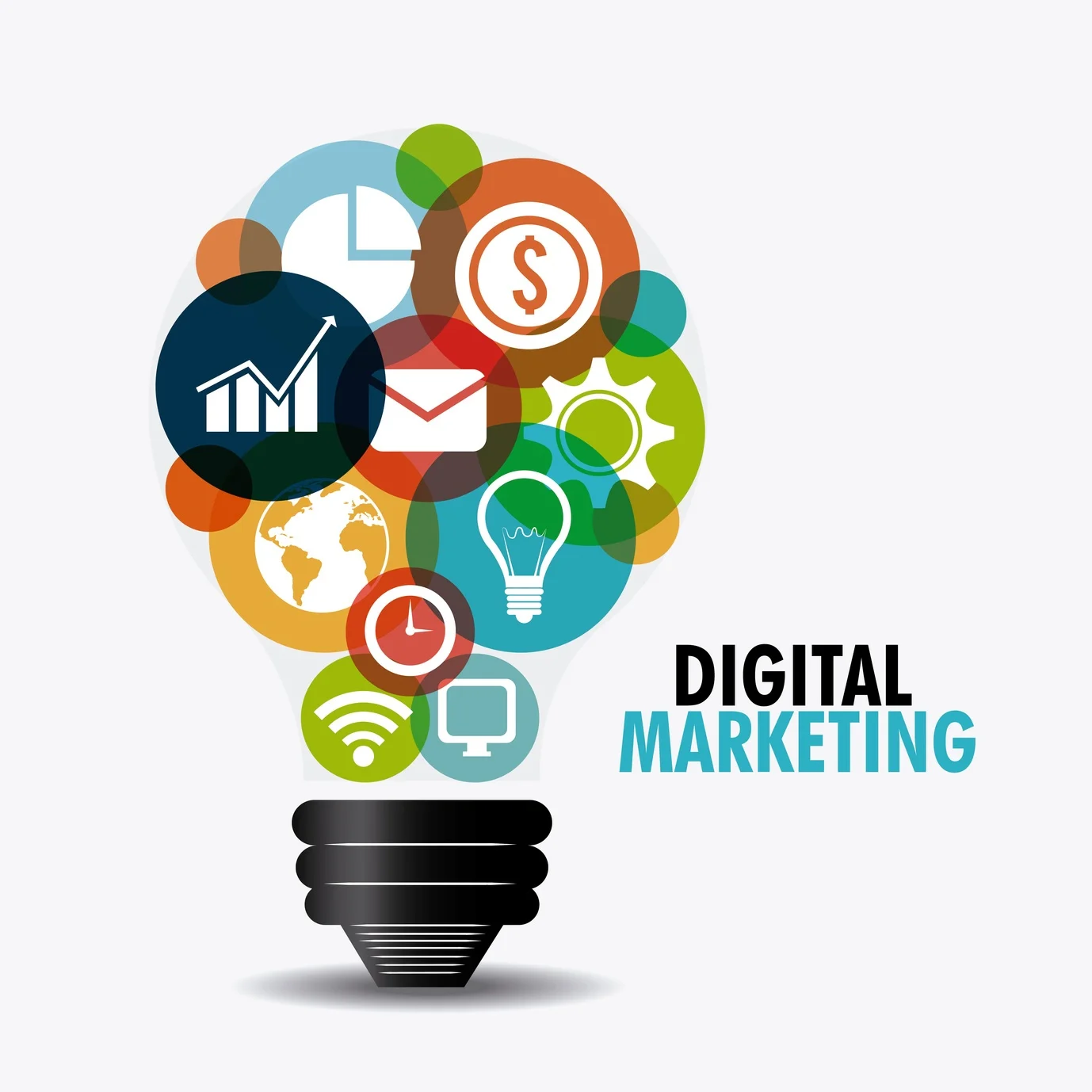In the fast-evolving world of digital marketing, staying ahead means having the right tools at your disposal. From managing social media to tracking analytics, a solid digital marketing toolkit can help you streamline workflows, optimize campaigns, and make data-driven decisions. Here are the top five essential tools every digital marketer should consider using.
1. Google Analytics – For In-Depth Data Analysis
Google Analytics is a staple for any digital marketer. This free tool provides detailed insights into website traffic, user behavior, and conversion tracking. With Google Analytics, you can:
- Track key metrics like page views, session duration, and bounce rate.
- Segment audiences based on demographics, interests, and behaviors.
- Monitor traffic sources to understand which channels drive the most engagement and conversions.
- Set up goals and events to measure specific actions, such as downloads, form submissions, or purchases.
By using Google Analytics, digital marketers can gain valuable insights into what’s working, where improvements are needed, and how to better tailor content and campaigns to reach their target audience.
2. SEMrush – For SEO and Competitive Research
SEMrush is an all-in-one tool that covers everything from SEO and content marketing to social media management. It’s particularly powerful for keyword research and competitive analysis, enabling marketers to:
- Identify the keywords competitors rank for and spot content gaps.
- Conduct comprehensive site audits to improve on-page and technical SEO.
- Analyze backlinks and monitor your site’s authority.
- Access keyword suggestions and trends for optimized content creation.
SEMrush’s competitor analysis feature allows you to benchmark your performance against industry leaders, making it easier to adjust your strategy based on competitive insights. Whether you’re optimizing for organic search or paid ads, SEMrush offers invaluable tools to help refine your approach.
3. Canva – For Professional-Quality Visual Content Creation
Visual content is essential in digital marketing, and Canva is a user-friendly design tool that empowers marketers to create high-quality graphics without a design background. With Canva, you can:
- Create social media posts, infographics, and presentations using customizable templates.
- Design visuals in various formats optimized for different social media platforms.
- Access a vast library of stock photos, icons, and fonts.
- Collaborate with team members by sharing designs and making real-time edits.
Canva is perfect for creating visually appealing content quickly, which is essential for maintaining an active social media presence and keeping your audience engaged.
4. Hootsuite – For Social Media Management and Scheduling
Managing multiple social media platforms can be challenging, but Hootsuite simplifies the process by providing a unified dashboard for scheduling, monitoring, and analyzing social media content. Key features of Hootsuite include:
- The ability to schedule posts in advance across various platforms, including Facebook, Twitter, LinkedIn, and Instagram.
- Real-time monitoring of social media feeds, mentions, and keywords to stay informed about audience conversations.
- Analytics to measure engagement, reach, and other performance metrics.
- Collaboration tools that enable team members to work together and assign tasks.
With Hootsuite, you can maintain a consistent social media schedule, respond promptly to audience interactions, and track your efforts to make data-driven improvements.
5. Mailchimp – For Email Marketing Automation
Email marketing remains one of the most effective digital marketing channels, and Mailchimp is a top choice for managing and automating email campaigns. It allows you to:
- Design and send customized email campaigns with a drag-and-drop editor.
- Automate email workflows based on user actions or milestones, such as welcome emails and post-purchase follow-ups.
- Segment your audience based on demographics, behaviors, and engagement levels to deliver more targeted content.
- Analyze open rates, click-through rates, and conversion rates to evaluate campaign effectiveness.
Mailchimp’s automation features make it easy to nurture leads, retain customers, and personalize communication, making it an essential tool for any digital marketer looking to build lasting relationships with their audience.
Conclusion
These five tools—Google Analytics, SEMrush, Canva, Hootsuite, and Mailchimp—cover the essential aspects of digital marketing, from data analysis and SEO to visual content creation, social media management, and email marketing. Each tool is designed to streamline different parts of the digital marketing process, allowing marketers to work more efficiently and make data-driven decisions. By integrating these tools into your workflow, you’ll be well-equipped to build effective campaigns, engage your audience, and achieve measurable results.
